FAUZIA KHAN

.
WHO IS FAUZIA?
Revealing Nature’s Secrets / Deciphering Nature / Decoding the Metaphysical / Obscure Realities / Visible yet Obscure / The Emancipated Woman
Adamant to reveal the secrets obscured within nature’s bosom, Fauzia Khan, a die-hard expressionist, continues her legacy by bringing forth a whole new repertoire of remarkable landscape and fantasy paintings. Executed mostly on spot, she has certainly managed to empathize with what she observed and persistently deciphered nature’s hidden forms within peculiar montages of trees, rocks, earth, clouds and water.
Driven with passion, the artist continues to deploy mystic observation of her ambient world to infer hidden embedded forms, encrypted signals and silent communication. Once spiritually absorbed, the inferred ideas begin to take form on the canvas unleashing colorful interpretations backed by the artist’s exclusive palette. Universal in meaning, the current set of works hold a variety of connotations for the viewers, however, her mystic theme remains consistent. It is Khan’s signatory expression that molds the subjects into tangible forms depicting diverse epistles of gratitude for the bounties that nature bestows on mankind.
Since a decade, Khan has found a niche in the mystical domain of painted expression. Her personal encounters with life’s extreme tribulations gave her a remarkable forbearance which she redirected into her creative activities. Watching her artwork, one can actually observe the reversal of her poignant experiences transformed through joyful compositions. Having braved through difficult obstacles with initiative and resilience, she could easily be denoted as a conscientious warrior searching for truth and identity.
Portrayal of Muslim warriors, horseback riders, swords and war paraphernalia manifest her inner desire to emulate historical female combatants who led wars in the subcontinent. Though she denies being a feminist – she has vowed to empower the woman to rise against discrimination, denunciation and abuse. Khan has always admired the glorious reign of Delhi Sultanate by Razia Sultan, the sultanate’s only female ruler. Razia was known for responding only to the masculine title ‘Sultan’ and refused to be called ‘Sultana’ because it meant ‘wife or mistress of a sultan’. Bohemian in conduct, Razia Sultan, the fifth Sultan of Mamluk ancestry, opposed all customs related to a woman’s appearance by dressing in masculine attire and refusing to wear a veil.
The series of Khan’s exquisite works are interwoven with a theme of insistent struggle of women folk amidst the modern-day challenges. There appears to be a developing story of the female trooper from one painting to the other, depicting past present and the future. Akin to some Muslim princesses of the past such as Razia Sultan (1236 to 1240) and Chand Bibi (Regent of Bijapur 1580–90 and Regent of Ahmednagar 1596–99), the intrepid woman continues to struggle for peace and equity. It is evident from her works that there are phases of threat which lead to war – in the final phase, however, her paintings transform into tranquil scenes of lush green pastures, bright blue skies, majestic mountains and rushing streams.
Khan’s paintings portray a special characteristic of peaceful empathy which art lovers find engaging, simplistic and satisfying. In the manner that she arranges elements of her paintings, the viewer enjoys an unhindered movement of the eye across the canvas which hastens interpretation and enhances visual impact. Overall, Khan’s work is replete with intense expression, soulful compositions and vibrant colors. Saeed Kureshi Art Critic
You are welcome to CHOOSE & BUY great artworks from FAUZIA’S Online Solo Exhibition, in the best prices…!
Showing 1–24 of 30 results
-
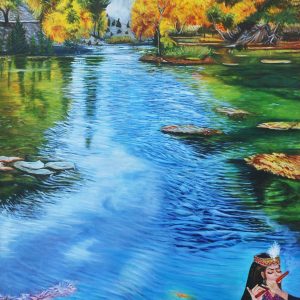
Fauzia Khan 1
-
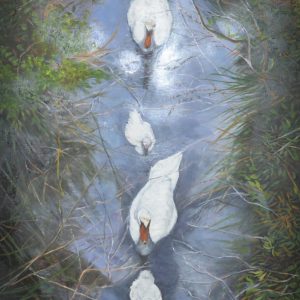
Fauzia Khan 10
-

Fauzia Khan 11
-

Fauzia Khan 12
-
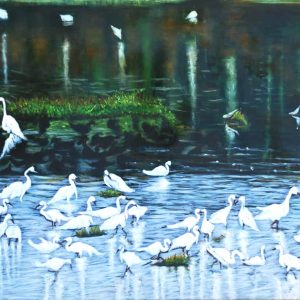
Fauzia Khan 13
-

Fauzia Khan 14
-

Fauzia Khan 15
-
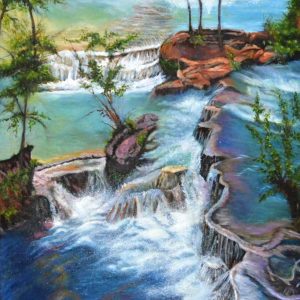
Fauzia Khan 16
-

Fauzia Khan 17
-
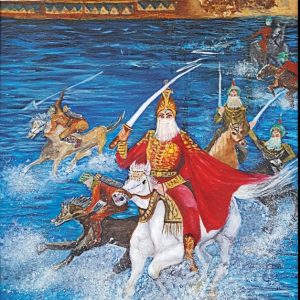
Fauzia Khan 18
-
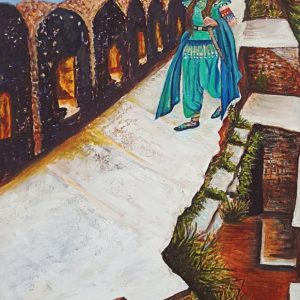
Fauzia Khan 19
-

Fauzia Khan 2
-
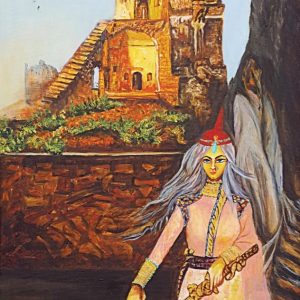
Fauzia Khan 20
-

Fauzia Khan 21
-
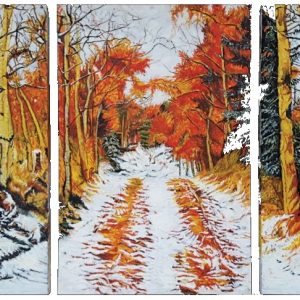
Fauzia Khan 22
-

Fauzia Khan 23
-
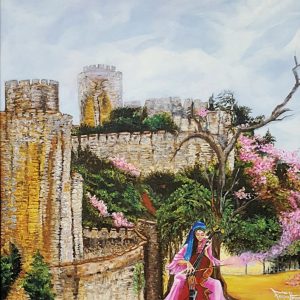
Fauzia Khan 24
-

Fauzia Khan 25
-
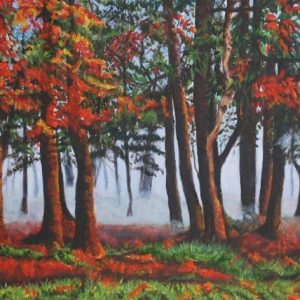
Fauzia Khan 26
-
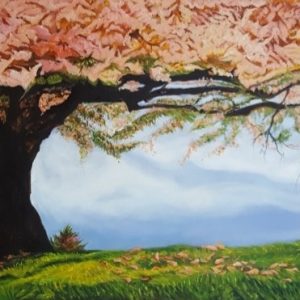
Fauzia Khan 27
-
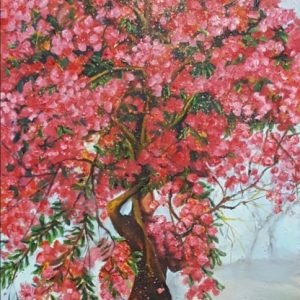
Fauzia Khan 28
-
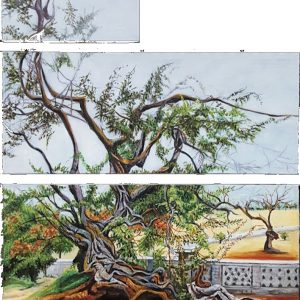
Fauzia Khan 29
-
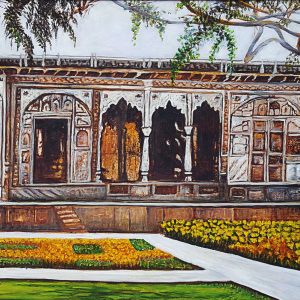
Fauzia Khan 3
-

Fauzia Khan 30
